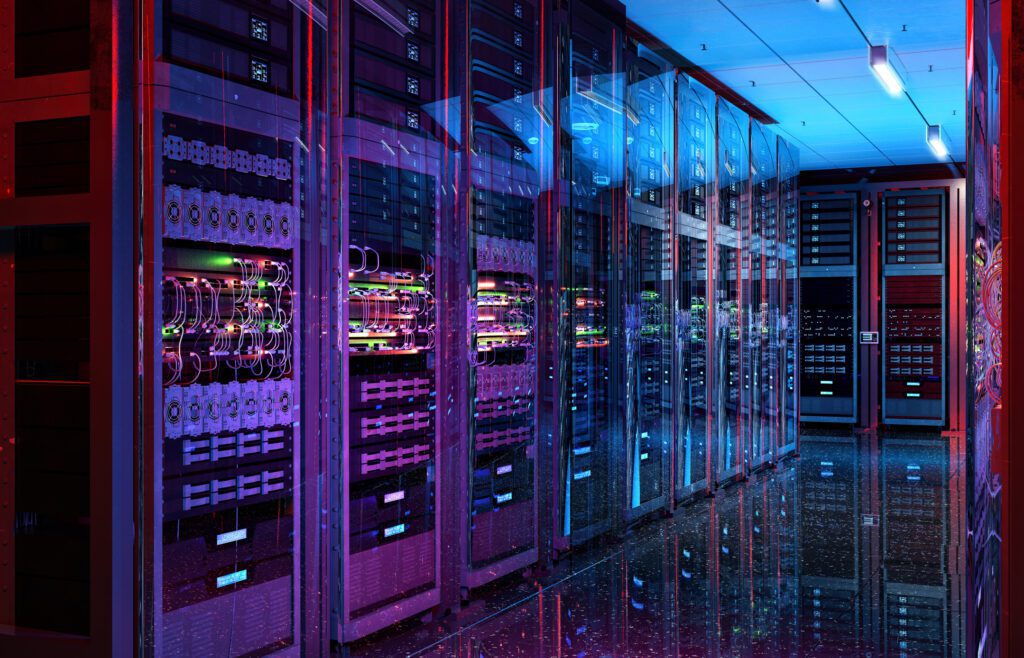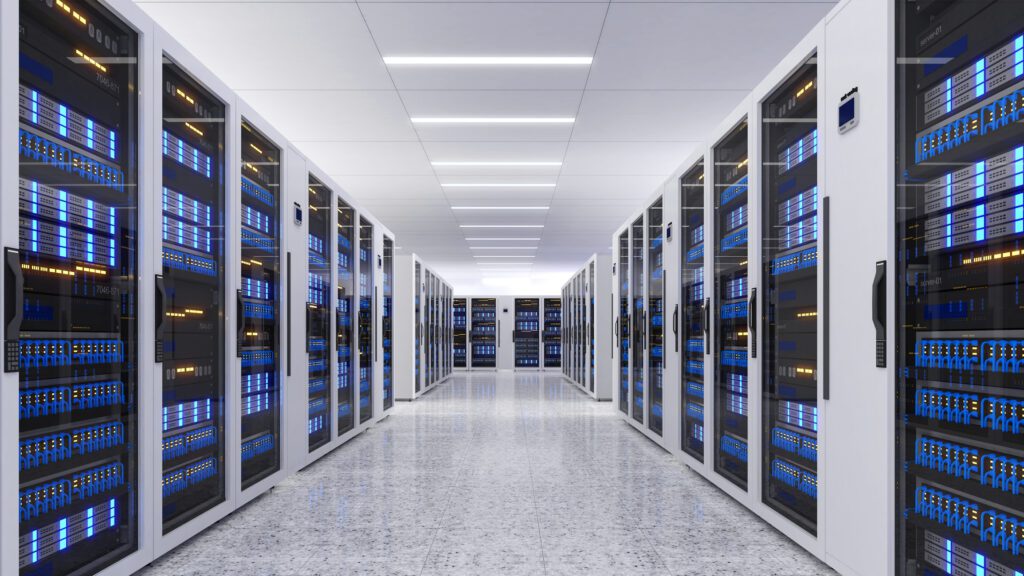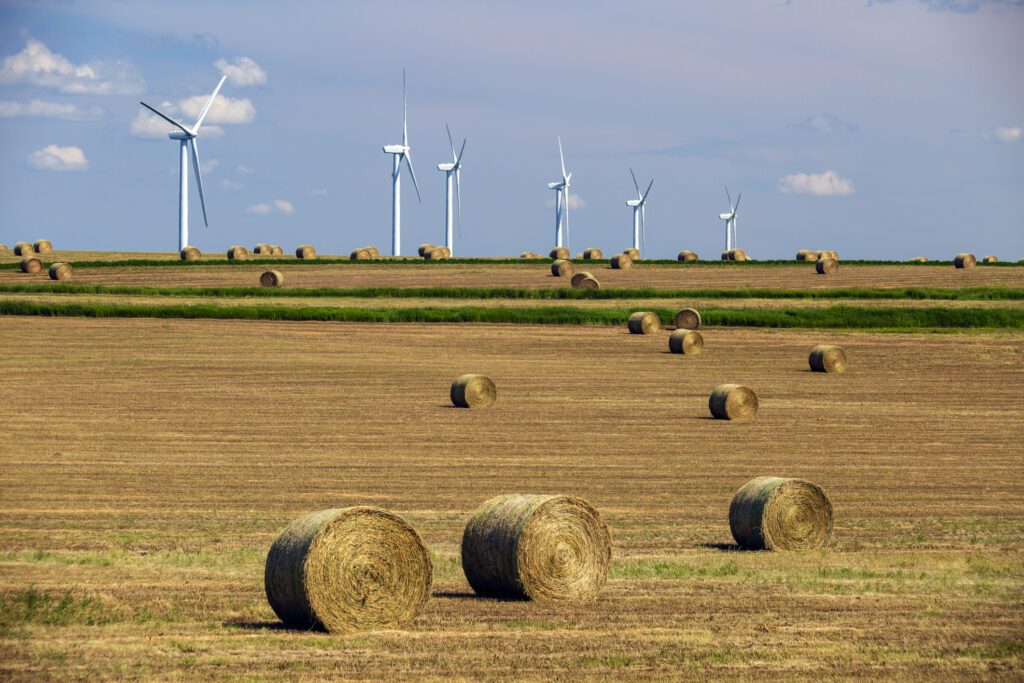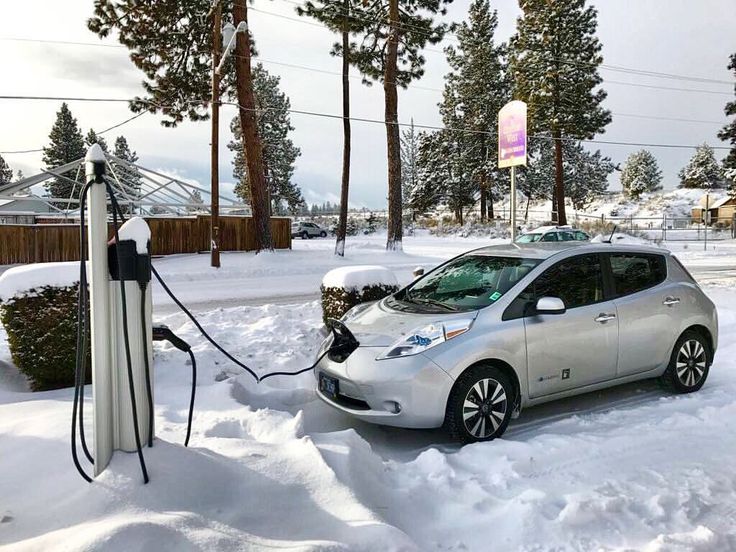If you’re hoping for a holiday-themed message of glad tidings and seasonal goodwill, prepare for disappointment. It would seem that the Grinch has once again made off with a ramshackle sleigh full of wind turbines and solar panels and they aren’t likely to return from their shop, not unless the heart of the ole ‘Grinchy-Claus’ (aka the Alberta Government) has an unexpected growth spurt.
We’re going to talk, instead, about Artificial Intelligence (AI) – everybody’s festive season favourite – and how decisions made in recent weeks by the ‘Grinchy’ Alberta government – will impact the province’s aspirations to develop AI data centres.
 The use of AI in nearly every aspect of computing is growing exponentially. Every six months the amount of worldwide computing power used to fuel AI is doubling. AI systems are power-hungry, though some well-justified doubt exists about the veracity of these estimates. The most pessimistic estimates suggest that as much as 16 per cent of energy use in the United States will power AI platforms.
The use of AI in nearly every aspect of computing is growing exponentially. Every six months the amount of worldwide computing power used to fuel AI is doubling. AI systems are power-hungry, though some well-justified doubt exists about the veracity of these estimates. The most pessimistic estimates suggest that as much as 16 per cent of energy use in the United States will power AI platforms.
A “request” generated by an AI-driven tool such as ChatGPT uses between 10 and 100 times the amount of energy as a similar query made through typical web searches. Between one and three per cent of all energy used worldwide powers Artificial Intelligence, some of which is being used to power such essential services as revealing what your mother-in-law would look like if she were a cat.
To provide the computing and memory capabilities needed for AI, there are now more than 10,000 data centres worldwide, about 1/3rd of them in the United States. According to Statistica, there are 336 in Canada, with 22 in Alberta.
AI has myriad legitimate applications, including many that can be applied to energy efficiency and power grid optimization. The billions of calculations that an AI-driven grid management system can make every second can lead to significant power savings and result in better management of energy networks during peak load times (like when everybody switches on ChatGPT).
 In short, an AI-driven economy will be able to tell us so much faster that we are trashing the environment.
In short, an AI-driven economy will be able to tell us so much faster that we are trashing the environment.
Which brings us back to Alberta. The province has released a data centre strategy with the ambitious goal of attracting massive investment. “Landing such developments in Alberta could lead to more than $100 billion of investment,” says Chris Varcoe in the Calgary Herald (Dec 4), “while creating thousands of technology jobs and spurring new demand for natural gas that will be needed to generate electricity to power such facilities.
“However, turning these ambitions into final investment decisions (FIDs) won’t be simple, with plenty of other places also keen to host AI data operations.”
The race to develop data centres is not being run in isolation from the climate crisis and the global sprint to decarbonize and electrify the tech industry. In Germany, where there are more than five hundred data centres – the second most outside of the US – a new law mandates that as of January 1st, 2024, 50 per cent of the electricity used must be renewable, and 100 per cent of energy must be renewable by 2027.
Alberta, by clinging to its ideological opposition to renewable energy in an effort to subsidize and prop up the oil and gas industry, Alberta is once again risking its competitive advantage. As a province, we have enough wind and sun, and non-agriculturally viable land to build on to fuel a massive surge in data centres powered by renewables. This could employ thousands of people in good-paying tech jobs while spurring the growth of the now moribund renewable energy sector in the province.
 If an investor is going to make decisions about where to build AI data centres, it stands to reason they will go where electricity is inexpensive, where there is sufficient infrastructure to get your power to where you need it, and where regulatory rules are in place to help your company meet its carbon pollution reduction targets.
If an investor is going to make decisions about where to build AI data centres, it stands to reason they will go where electricity is inexpensive, where there is sufficient infrastructure to get your power to where you need it, and where regulatory rules are in place to help your company meet its carbon pollution reduction targets.
Alberta’s politicians champion carbon capture as a means to reduce the significant greenhouse gas emissions that will be produced by new AI data centres, but problems exist. First, carbon capture has not yet proven to be even modestly effective in reducing carbon emissions. Second, carbon capture is very expensive, and because of the costs associated with it, private companies are going to the federal and provincial governments cap in hand, asking taxpayers to subside their phenomenally profitable businesses.
All of this could be solved by coupling AI data centres with renewable energy operations, creating jobs, and energy efficiencies that would help drive an economic and energy transition in Alberta. There’s plenty of room to debate if we want AI data centres in our communities, or as part of an energy transition, but if the government is going to pursue them they should pass similar net-zero legislation to what Germany has.
Will the ‘Grinchy Alberta’ government get away with stealing both renewable energy and the possible success of the province’s AI strategy? Stay tuned.
Take Action: Tell Alberta to Turn the Power Back On for a Renewable Energy Future
Authors note: No artificial intelligence was used to write this blog.









